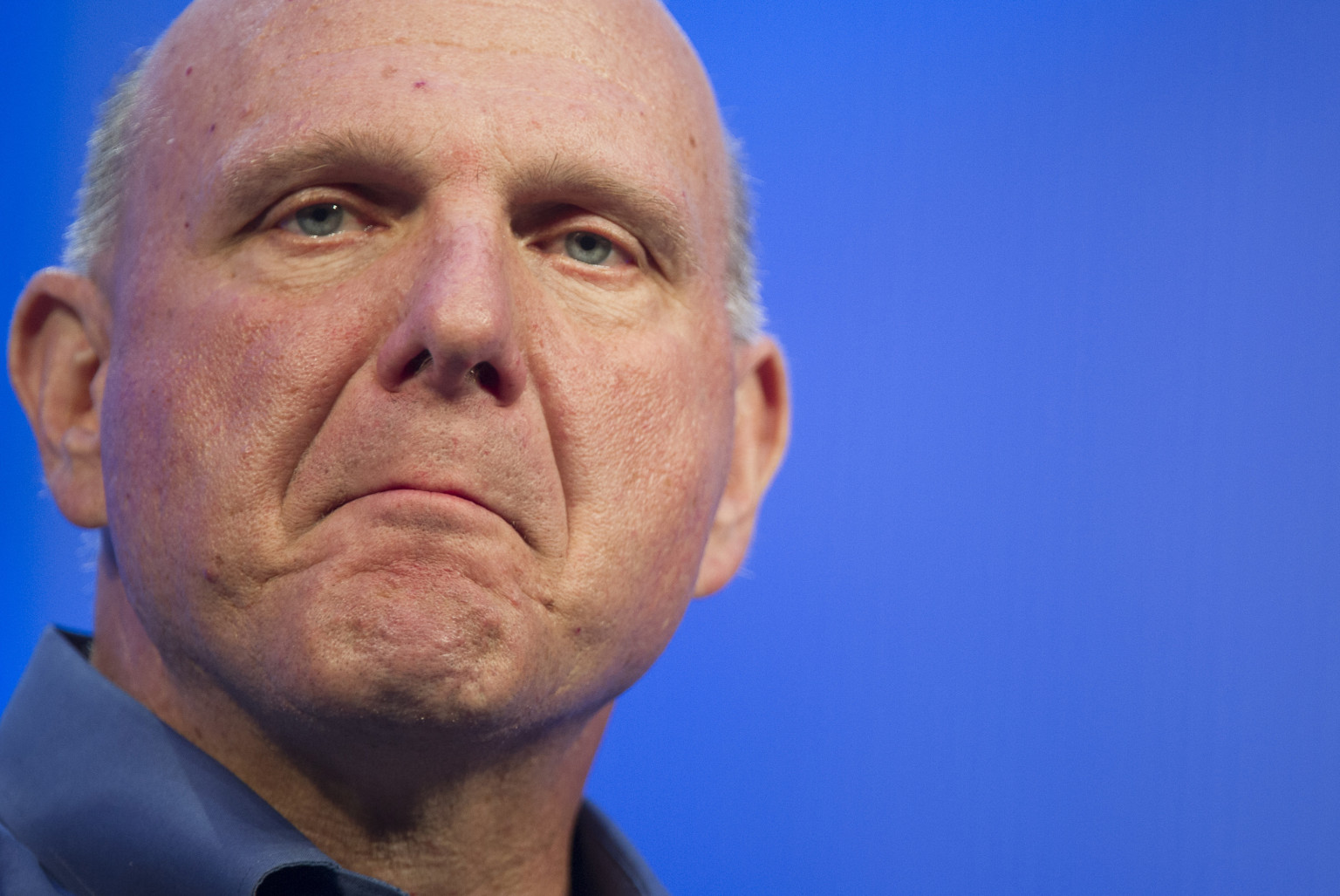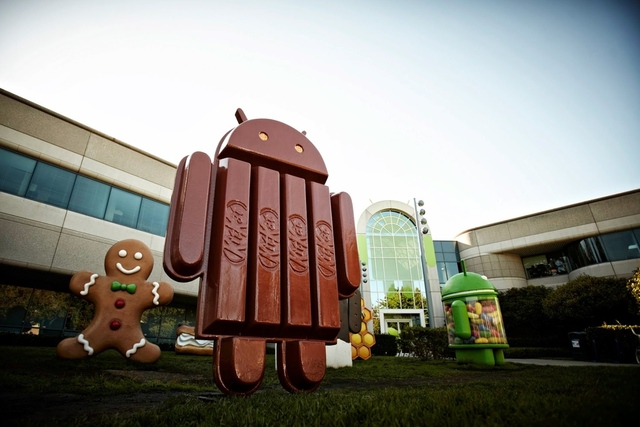And then there's Stephen Elop, former Nokia CEO and now Microsoft head of devices and services. He is also in the running towards becoming America's top model. Well, I won't hide the fact that I dislike the guy nor would I sit idly by without being a fair critique towards his achievements (or lack of it). Elop, according to Homer's Iliad, was a trojan horse that Microsoft planted inside Nokia to perform a particular turnaround that was really all about replacing Symbian with Windows Phone OS. Never mind if that move was a success (it wasn't) or whether it saved Nokia from dying (it didn't), Ballmer was quick to reward Elop for accomplishing what I believe was a worthless mission. Nokia not only remains, to this day, a prominent and preeminent example of having ridiculously bad vision, it is also that company that bet everything on a platform that has yet to gain any significance in the market.
No offense, but I just can't understand how Microsoft is so far off from what the future ought to mean for such a storied company. And hey, I'm a big fan--perhaps one of the biggest fans locally. The fact that they are as much storied as Intel, IBM and Yahoo! during their heydays means they have a legacy to uphold (and certainly do the other names mentioned too.) This legacy is eroding like crazy and I'm not sure if they're getting it.
More than a year ago, I outlined what was wrong with Microsoft and how it can fix itself. The first one was leadership: Ballmer had to go. My argument was that a businessman cannot possibly govern the future of a company that needs a moving vision of the future.
1. Steven Ballmer. As always, leadership has to go first. The issue that I'm most uncomfortable with is the fact that a geek isn't in charge of Microsoft anymore. And I find it so wrong for someone with a different specialty altogether (he holds an MBA) to be leading the affairs of a technology company. I'd argue that no amount of marketing, supply chain and operational ability can outdo technology leadership longterm. Microsoft is of course very lucrative still--revenues and profits are holding quite well year-on-year. The fundamental problem is they lack a person that defines Microsoft's vision and direction, both of which are core ingredients of companies that endure despite dramatic shifts in civilized progress.Now that one of the items in our shared wish list has come true, I'm certainly not alone again in pushing for better prerequisites in favor of Microsoft's new chief executive. My favorite of these is geekiness. Geeks are great thinkers and experimenters. Bill Gates was a geek. Co-founder Paul Allen was, too, a geek. Geeks also share a solid foundation on evangelism and engineering. Steve Jobs was both although he was clearly stronger on the former. Apple co-founder Wozniak was a most gifted engineer who built insanely great things because it was fun. Tim Cook is neither in my view and I think the brightness of Apple will diminish over time. (But this is a different tale!)
Ray Ozzie, then Microsoft chief software architect and supposedly the successor of Gates, was my geek favorite. His memo to Microsoft employees several years ago, The Internet Services Disruption, should remain to be mandatory reading for anyone who's currently in (or about to enter) the tech industry. Too bad he bolted out. Another geek, though much inferior to Ozzie, was ex-Windows head Steven Sinosfky. Similar to Ozzie, word on the street is that Sinofsky left under the same reason. Ballmer.
If only Microsoft listened to Ozzie back then.
Mulally appears to be the top choice right now despite Ford claiming that he ain't quitting. Years from now after Microsoft has consummated its selection, I can see them looking back with a facepalm.
The future of Microsoft starts with getting a geek back at the helm. Geeks ruled the PC. Ruled silicon. Ruled music. Ruled phones and tablets. Ruled the Internet.
Hey Microsoft, you need a geek!







